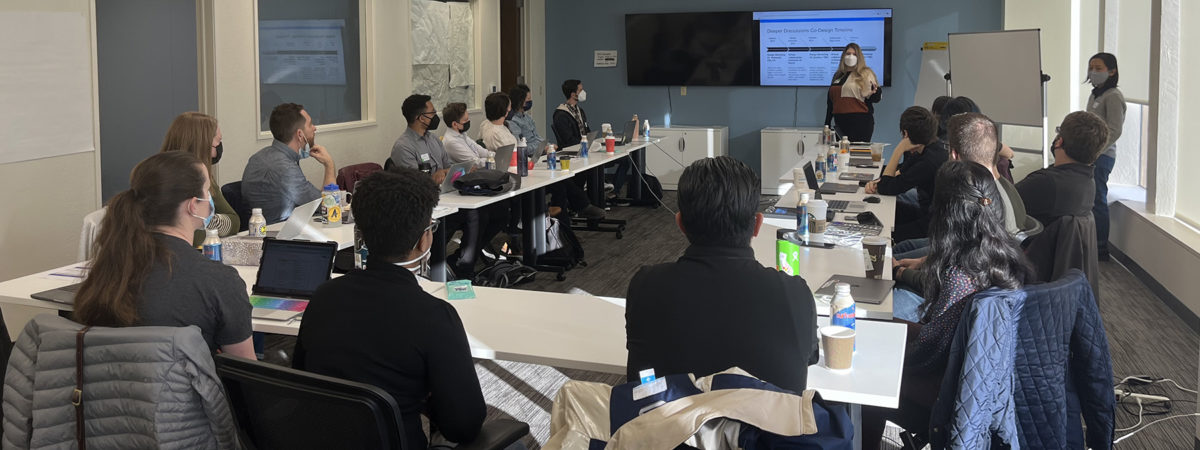
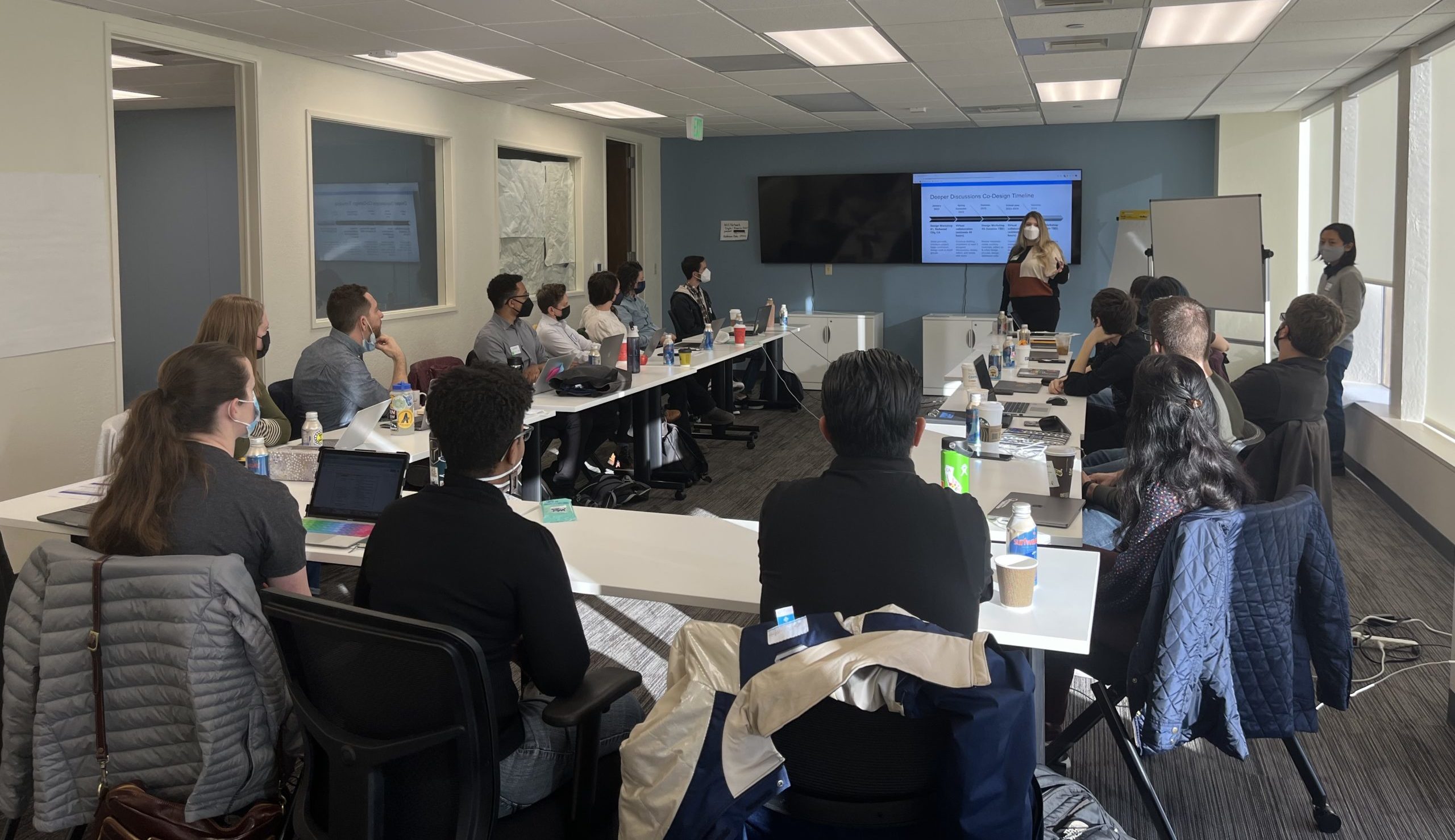
Our inaugural cohort convening in Digital Promise’s California office
As the seventh project ever funded under the Institute of Education Sciences’(IES) Civics Education and Social Studies programs, the Deeper Discussions in World History initiative knows the significance of our curriculum design project. Due to the lack of research in social studies projects in recent years, we are in uncharted waters. We have a deeply ingrained “why” that motivates us to support historically and systematically excluded students to: engage in meaningful discussions in world history, enjoy the learning process, and improve their historical thinking skills. Since we’re one of the few doing work in this space at the moment, we recognize the importance of doing this work collaboratively and each member of our teacher cohort has the opportunity to contribute meaningfully.
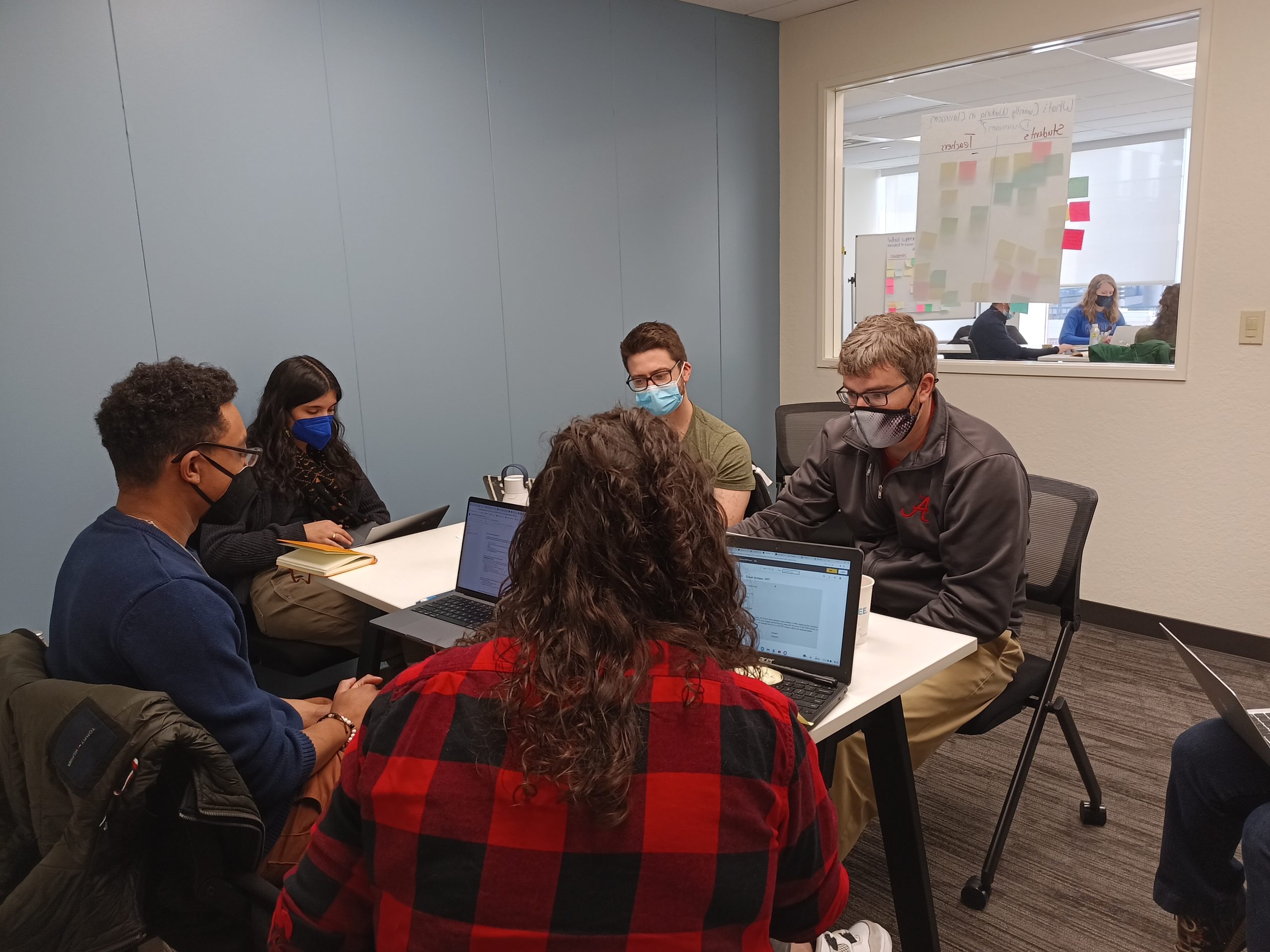
The project team in small group sessions at our January convening
In January 2023, we hosted the first convening for our Deeper Discussions teacher cohort. These educators traveled from eight different states, representing three time zones and various state-level political landscapes. What they each have in common is a school student population of over 50% of students who are economically disadvantaged and students of color. Over the next few years, this cohort of teachers will draft and pilot new curricular resources in their classrooms, in order to ultimately produce a suite of open-access materials that help world history teachers facilitate productive student discussions in their classrooms. During our time together, we had the opportunity to begin discussions on crucial questions to this work, such as:
As we thought through these questions, we remembered the reason why the group was gathered. Each teacher’s insights demonstrated that this work is not possible without educators. Their partnership is invaluable not only to gain insights directly from students, but also to have a direct line of contact with the people conducting these deeper discussions in their classrooms.
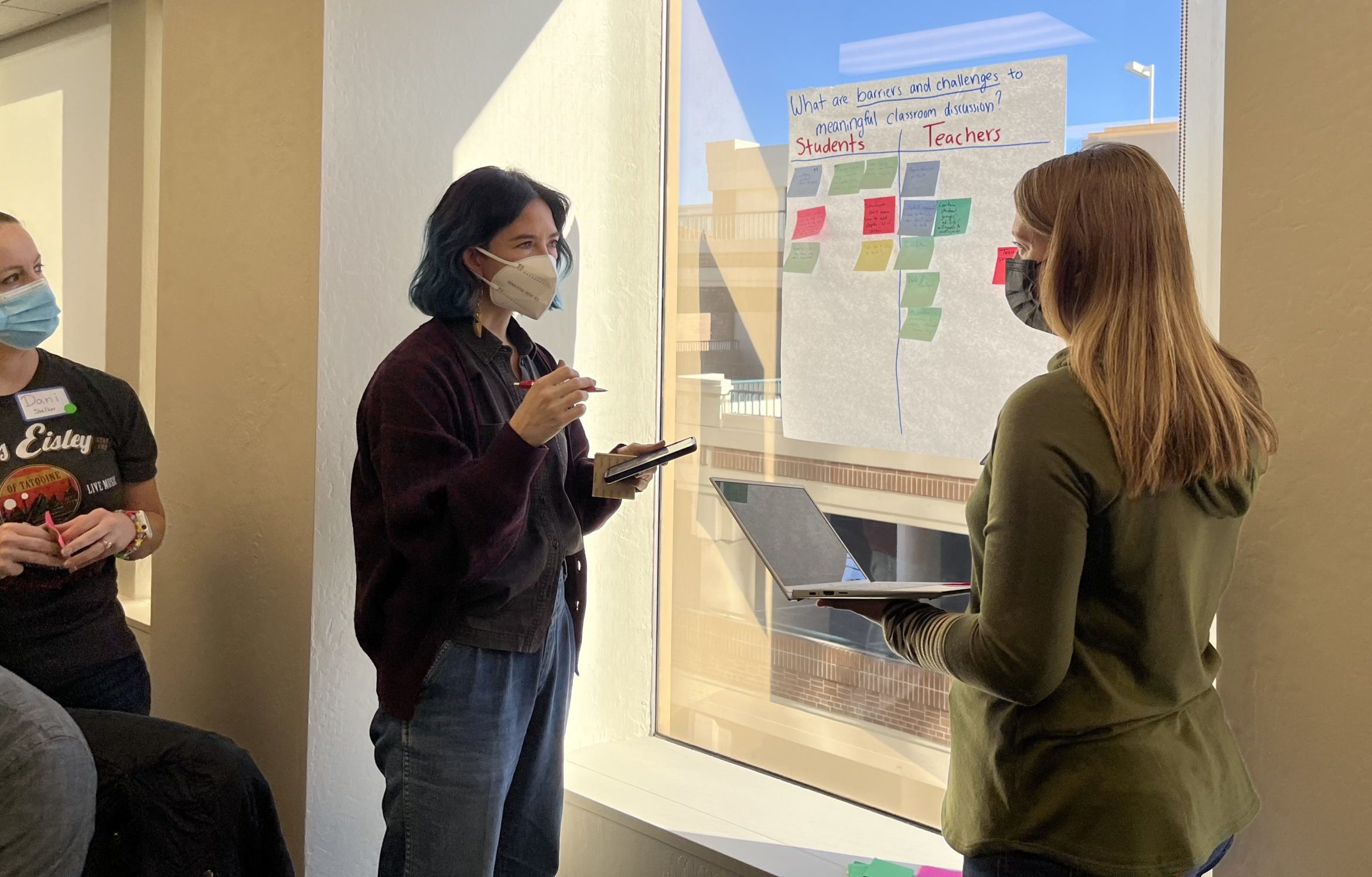
Teachers discussing barriers and challenges to meaningful classroom discussion
We look forward to continuing sharing the impact of our teacher cohort throughout the next few years of this project. Below, a few of the teachers share their sentiments about why they’re involved in this work:
“Students don’t seem to care who Euclid was. I’m hoping through this that I find more curricular resources that I can help build and shape to connect them to students of the past.” – David Wessel, Virginia
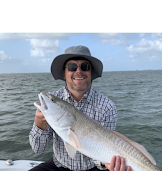
“As an English learner myself, discussions are something I’m pushing myself to do in the classroom. This way, students see evidence right away of how they’re learning new things. Sometimes I feel I’m not supporting them enough, but knowing I’m assigned to a team to get support is what makes it really exciting to be here.” – Etiene Andrade-Torres, California
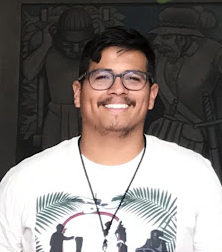
“Discussions are powerful and give [students] agency. I want to create lessons that give them space to recognize the importance of everything that we’re doing.” – Lucero Gonzalez, Wisconsin

“I’ve spent the last two years trying to piece together the exciting discussion based resources myself, so I’m excited to have a team to work with.” – David Garcia, California
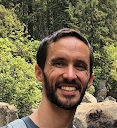
To stay up to date on the Deeper Discussions in World History project, subscribe to the Learning Sciences Connections newsletter!